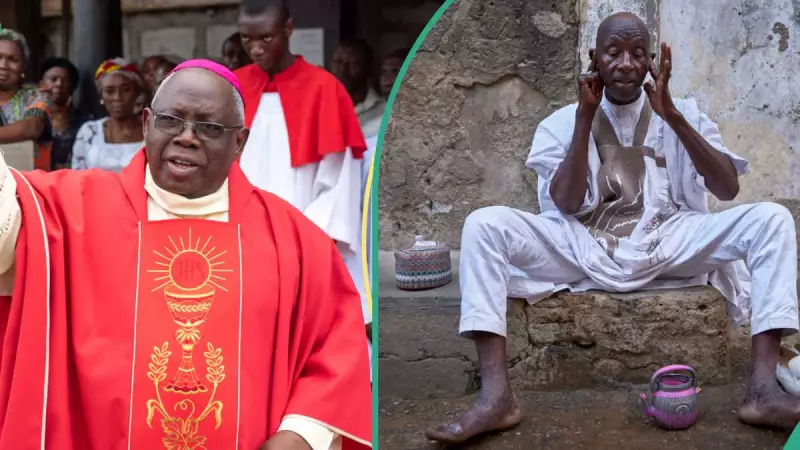
The Federal Government has unveiled groundbreaking statistics that paint a vivid picture of Nigeria's rich religious tapestry, positioning the nation as one of the most spiritually diverse countries on Earth.
Revealing the Numbers: Nigeria's Faith Distribution
According to the newly released data, Nigeria's religious landscape showcases a fascinating balance between Christianity and Islam, with both faiths maintaining significant followings across the nation's diverse population.
The comprehensive survey conducted by government agencies provides unprecedented insight into how Nigerians practice their faith, highlighting both the unity and diversity that characterize the country's spiritual life.
A Nation of Deep Faith
What emerges from these statistics is the image of a nation where religion plays a central role in daily life and cultural identity. The data confirms that Nigeria stands among the world's most religiously vibrant societies, with overwhelming majority of citizens actively practicing their chosen faith.
The findings demonstrate how religious coexistence has become an integral part of Nigeria's social fabric, despite occasional challenges. The statistics reveal patterns of worship that cut across ethnic and regional lines, creating a unique Nigerian spiritual identity.
Global Significance of Nigeria's Religious Diversity
With these revelations, Nigeria solidifies its position as a key player in global religious demographics. The country's unique blend of Christian and Muslim populations, along with traditional African religious practices, creates a spiritual ecosystem unmatched in many parts of the world.
Experts suggest that understanding these religious dynamics is crucial for comprehending Nigeria's social structure and cultural development. The data provides valuable insights for policymakers, religious leaders, and international observers seeking to understand this African giant.
The release of these statistics marks a significant step toward greater transparency in understanding Nigeria's complex social composition, offering a factual basis for discussions about national unity and interfaith dialogue.





